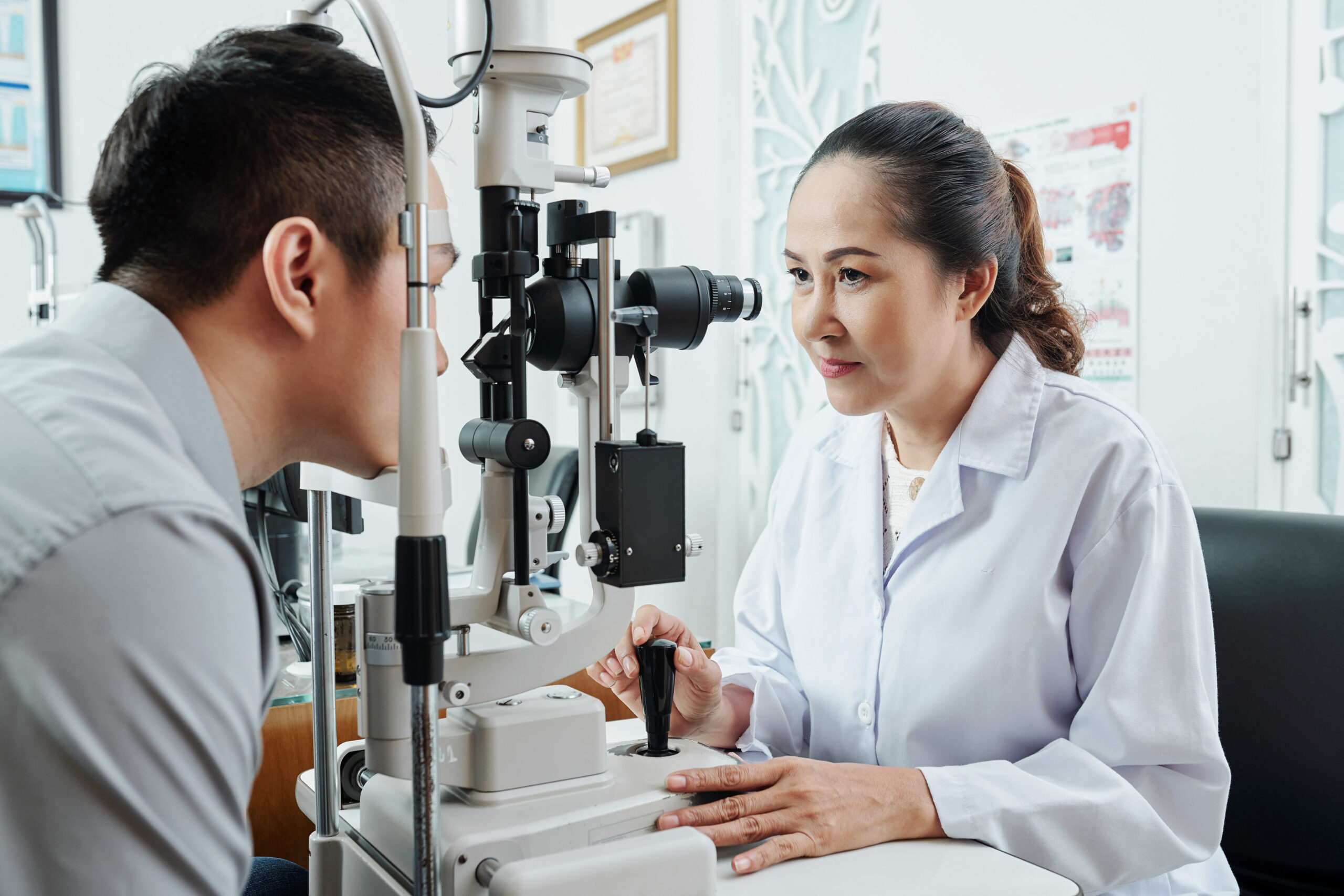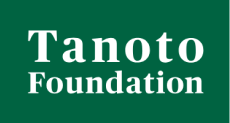About Research Initiatives
Since 2009, Tanoto Foundation has contributed catalytic funding to support scalable healthcare and medical research initiatives. This is achieved by leveraging Singapore’s well-established medical research ecosystem and integrated academic healthcare landscape to drive a number of key initiatives.
Key beneficiaries 0-3 years old
CHaMP
The CHaMP (Child and Maternal Health Program) was established to drive innovation through research and development in partnership with KK Women’s and Children’s Hospital (KKH).
Its overarching aim is to raise awareness and build capabilities in parenting, early childhood development, and maternal health.
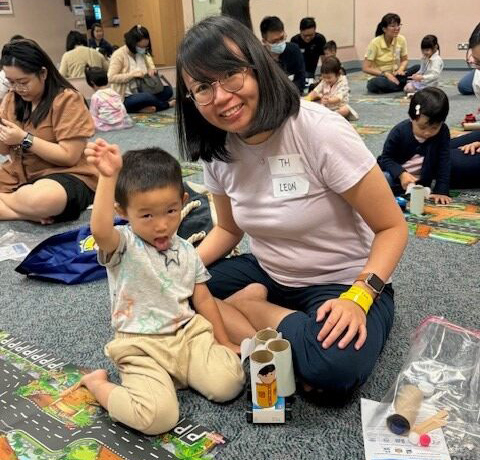
Research & Development
Establishing best practices in early childhood and maternal health
Bridging Knowledge Gaps
Bridging knowledge gaps through outreach and public education
Funding
Based in Singapore, the CHaMP supports research and development, in order to establish a series of best practices for early childhood and maternal health.
Developing Leadership
Provide opportunities for thought leadership through research and educational projects
Partnerships
Forming multi-stakeholder partnerships in the early childhood development and maternal health space
CHaMP INITIATIVES
CRADLE
In 2019, CHaMP initiated the Community-enabled Readiness for the First 1,000-Days Learning Ecosystem (CRADLE) program in partnership with KK Women’s and Children’s Hospital (KKH).
The program aims to develop a self-learning eco-community, from pregnancy to early childhood, to promote parental self-efficacy and improve health outcomes for their children. As part of the engagement and support provided to participants, CRADLE holds health webinars on maternal and child health with topics around pregnancy and early childhood targeted for first time mothers.
Tanoto Foundation collaborated with KKH to develop a CRADLE video to educate the general public on the importance of the first 1,000 days of life.
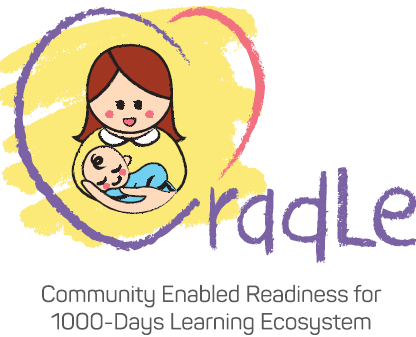
National Healthcare Group (NHG) Diabetes Reversal Programme
With one in four Singaporeans potentially affected by type 2 Diabetes by 2050 and the disease emerging as one of the top killers in Southeast Asia and the world, Tanoto Foundation has teamed up with National Healthcare Group (NHG) to spearhead a Diabetes Reversal Program in Singapore.
The program seeks to control blood sugar levels in diabetes patients through behavioral change without the need for medication or surgery. Jointly funded by Tanoto Foundation and NHG, this initiative will boost diabetes research in primary care and the community.
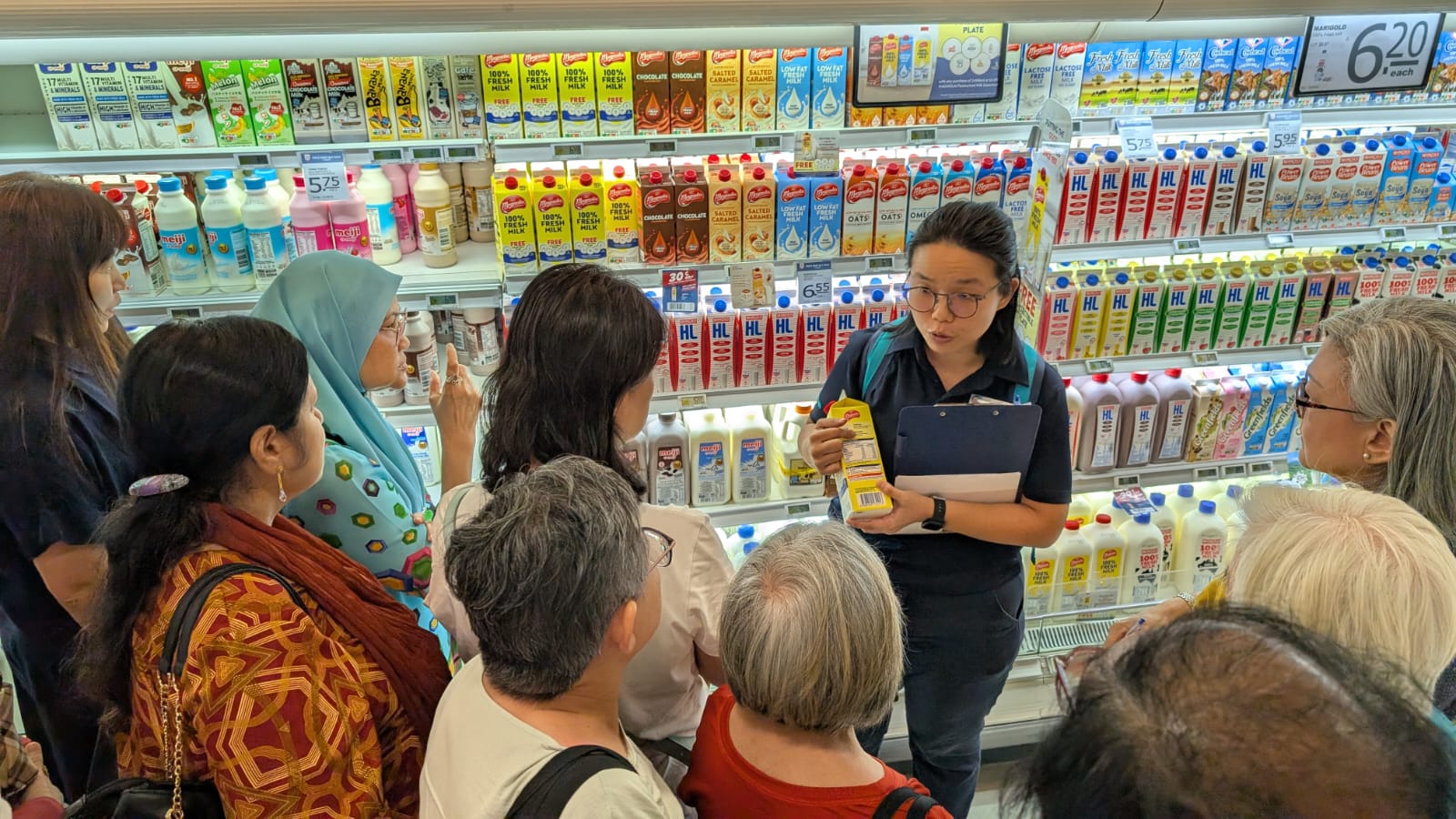
Project Lead: A/Prof Rinkoo Dalan, Tan Tock Seng Hospital
Reducing Risk of Heart Attack and Stroke in Diabetes Patients
A/Professor Rinkoo Dalan’s, study investigates the potential of colchicine, an affordable anti-inflammatory drug, to prevent cardiovascular disease in high-risk Type 2 diabetes patients. By leveraging advanced microfluidics to identify inflammatory neutrophil profiles, the team aims to stratify patients and assess colchicine’s effectiveness in a precision-medicine approach. The goal is to support cost-effective, targeted prevention of heart attacks and strokes in diabetes patients.
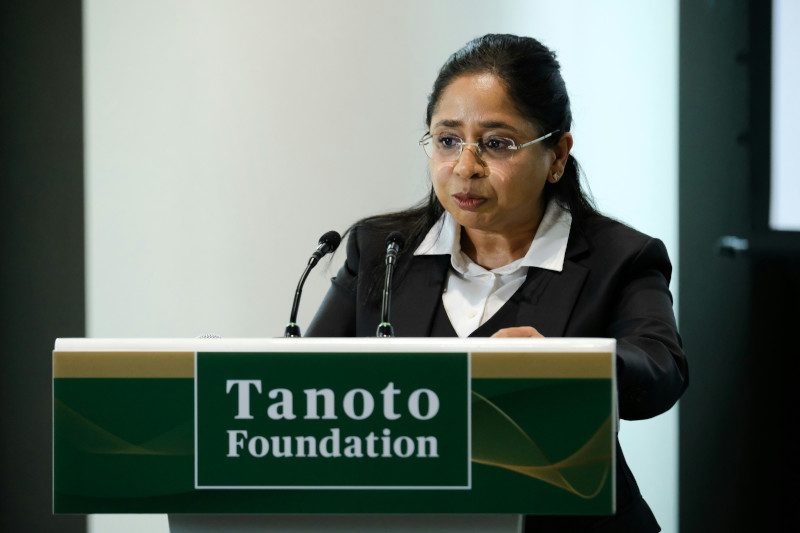
Project Lead: A/Prof Ashley St John, Duke-NUS Medical School
Maternal Influences on Neonatal Allergies: Mechanisms and Interventions
A/Professor Ashley St John’s project explores how maternal immune responses, particularly IgE antibodies, may contribute to allergy development in infants even before birth. Building on animal model findings, A/Prof St John will investigate maternal-fetal allergy transmission in humans, focusing on how maternal IgE shapes fetal mast cell development. The research aims to improve understanding of early allergic sensitization and inform future interventions to prevent childhood allergies.
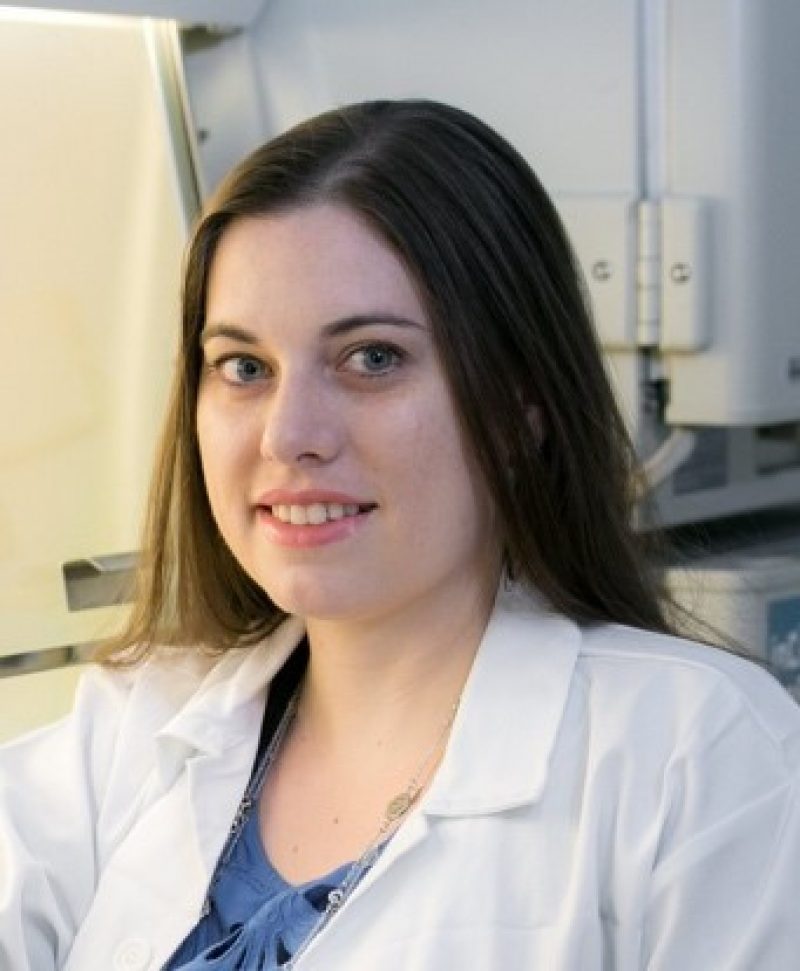
Project Lead: Prof Brian Kennedy, National University of Singapore
Geroprotectors in Fertility and Women’s Health
Professor Brian Kennedy, is targeting the root causes of ovarian aging, this project evaluates the potential of geroprotectors—molecules that extend healthspan—to preserve fertility and maternal health. Through a three-stage translational approach, the team will screen and validate compounds across invertebrate, in vitro, and in vivo models. The findings could lead to novel therapies that delay reproductive aging, enhance fertility, and support women’s health as they age.
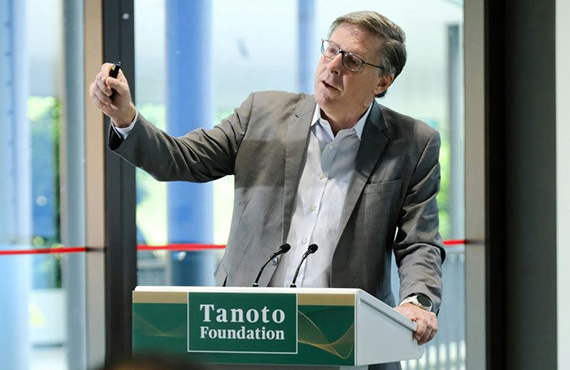
Gene Therapy Study for Age-Related Macular Degeneration
In 2023, Tanoto Foundation supported the Singapore National Eye Centre (SNEC) in a three-year research program into gene therapy to combat age-related macular degeneration (AMD), a chronic, irreversible eye condition that affects 200 million people worldwide. The condition is more prevalent in countries with ageing populations, such as Singapore, where around one in four citizens will be over 65 years old by 2030.
The research program, led by scientists from the SNEC and the Singapore Eye Research Institute (SERI), is focusing on the development of new gene therapies to address AMD.
